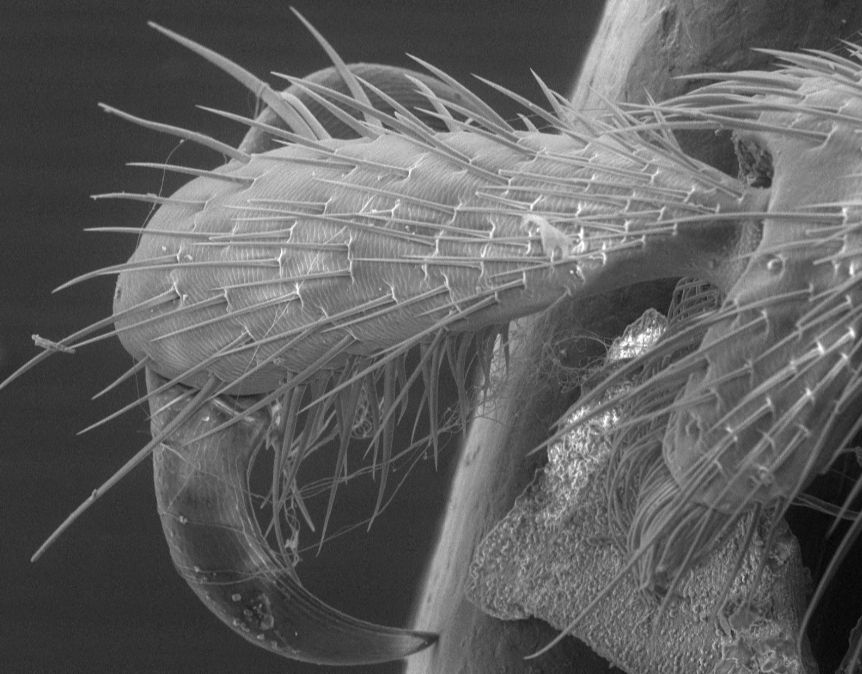Epigenetics: All you need to know
- Himanshu Sadulwad
- Jul 27, 2024
- 3 min read
Updated: Jul 27, 2025
Author: Rachana R
What is epigenetics?
Epigenetics is the study of heritable changes in gene expression that do not involve changes to the underlying DNA sequence — a change in phenotype without a change in genotype — which in turn affects how cells read the genes.The term “epigenetics” came into general use in the early 1940s, when British embryologist Conard Waddington used it to describe the interactions between genes and gene products, which direct development and give rise to an organism’s phenotype.
"Epi-"means ‘on or above’ in Greek,and "epigenetic" describes factors beyond the genetic code. Epigenetic changes are modifications to DNA that regulate whether genes are turned on or off.Epigenetic change can have more damaging effects that can result in diseases like cancer. At least three systems including DNA methylation, histone modification and non-coding RNA associated gene silencing are currently considered to initiate and sustain epigenetic change.New and ongoing research is continuously uncovering the role of epigenetics in a variety of human disorders and fatal diseases.
What is epigenome?
Epigenome is all the genes plus everything that regulates the usage of those genes. An epigenome changes over time. It’s both advantageous and disadvantageous. It’s advantageous that things like nutritious food, exercise and manageable stress can result in epigenetic changes that can promote health. But other factors like processed foods, smoking and lots of stress can cause epigenetic changes that can harm health.
The History of Epigenetic Research
During the 1990s there became a renewed interest in genetic assimilation. This led to elucidation of the molecular basis of Conrad Waddington’s observations in which environmental stress caused genetic assimilation of certain phenotypic characteristics in Drosophila fruit flies. Since then, research efforts have been focused on unraveling the epigenetic mechanisms related to these types of changes.
Currently, DNA methylation is one of the most broadly studied and well-characterized epigenetic modifications dating back to studies done by Griffith and Mahler in 1969 which suggested that DNA methylation may be important in long term memory function.
Types of epigenetic modifications
The principal type of epigenetic modification that is understood is methylation.Methylation can be transient and can change rapidly during the life span of a cell or organism.The specific location of a given chemical modification is also very important.Other largely permanent chemical modifications also play a role; these include histone acetylation,ubiquitination and phosphorylation.
Epigenetic inheritance
It is evident that at least some epigenetic modifications are heritable, passed from parents to their offspring in a phenomenon that is generally referred to as epigenetic inheritance or passed down through multiple generations via transgenerational epigenetic inheritance. The mechanism by which epigenetic information is inherited is unclear; however, it is known that this information, because it is not captured in the DNA sequence, is not passed on by the same mechanism as that used for typical genetic information.
What are the diseases linked to epigenetics?
Aging
Diseases associated with aging.
Disorders affecting the neurological system(including syndromes which affect intellectual ability)
Cancer
Asthma
Autoimmune diseases
Impact of epigenetics on biomedicine
From years of research, researchers have recognized that the epigenome influences a wide range of biomedical conditions. This new perception has opened the door to a deeper understanding of normal and abnormal biological processes and has offered the possibility of novel interventions that might prevent certain diseases.
Researchers have understood that epigenetic mechanisms play a key role in defining the “potentiality” of stem cells. As those mechanisms become clearer, it may become possible to intervene and effectively alter the developmental state and even the tissue type of given cells.
Compared to other areas of study, epigenetics is still fairly new. And there’s a lot yet to be discovered.Scientists continue to explore the relationship between the genome and the chemical compounds that modify it. In particular, they are studying the effects that epigenetic modifications and errors have on gene function, protein production, and human health.
References:
1.What is epigenetics. 2017. “Epigenetics: Fundamentals, History, and Examples | What Is Epigenetics?” What Is Epigenetics? 2017. https://www.whatisepigenetics.com/fundamentals/.
2.MedlinePlus. 2021. “What Is Epigenetics?” Medlineplus.gov. June 11, 2021. https://medlineplus.gov/genetics/understanding/howgeneswork/epigenome/.
3.Rogers, Kara, and Judith L Fridovich-Keil. 2018. “Epigenetics | Definition, Inheritance, & Disease.” In Encyclopædia Britannica. https://www.britannica.com/science/epigenetics.
4.“What Is Epigenetics?” n.d. Cleveland Clinic. https://my.clevelandclinic.org/health/articles/epigenetics.



Comments